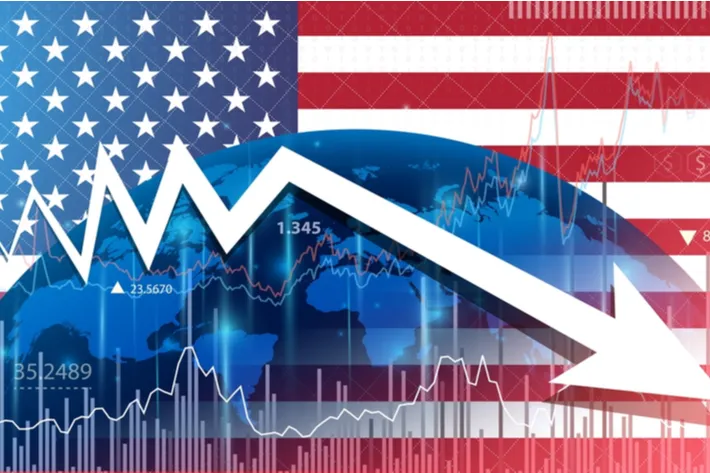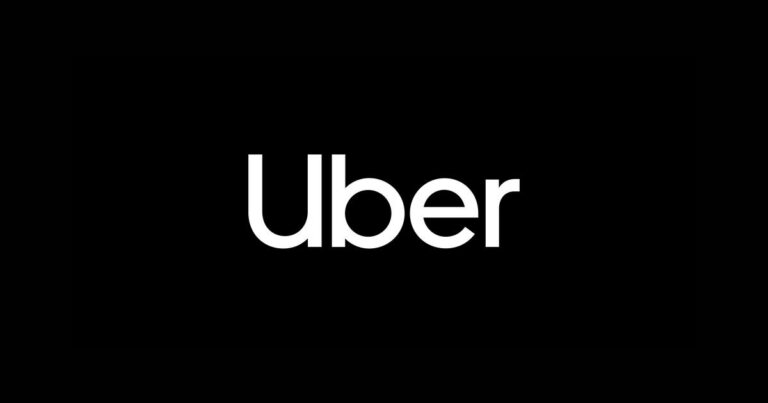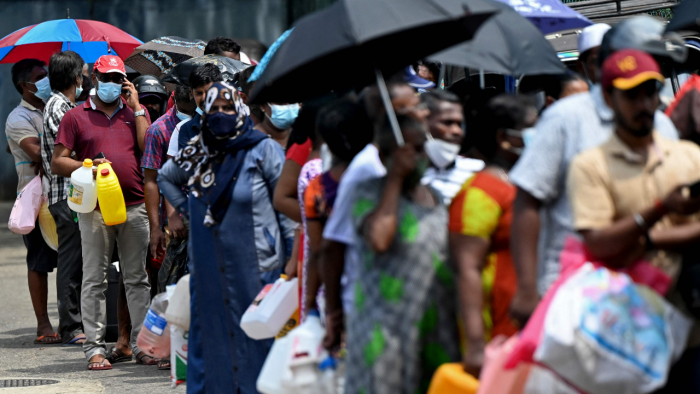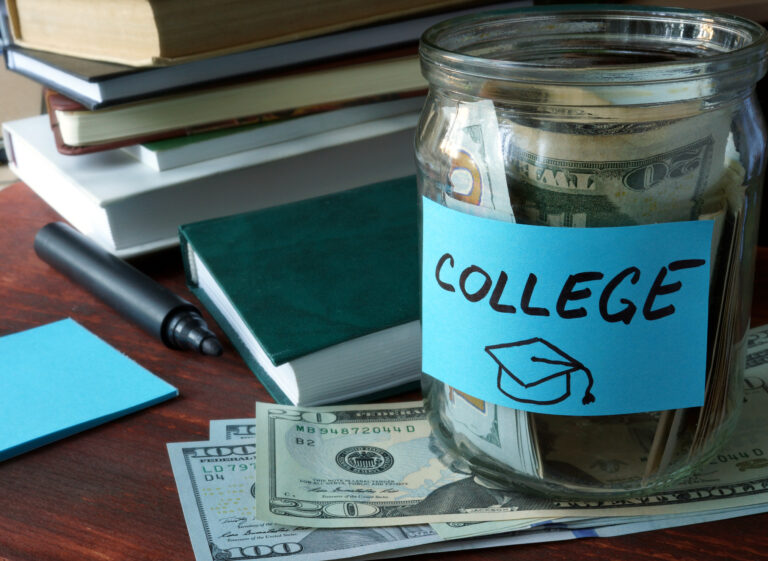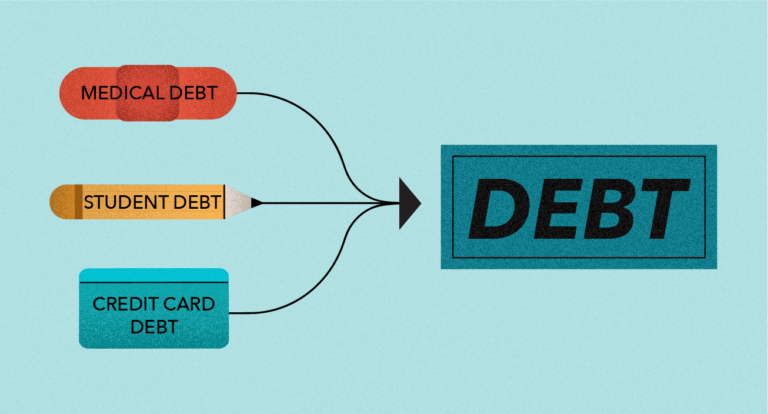The U.S Economy to go into Recession in 2023
The U.S economy is expected to sink into a recession in the next 12 months as the Federal Reserve ramps up efforts to bring down raging inflation and cost of living. This is according to the Wall Street Journal’s latest survey of economists. The report puts the probability of the U.S economy tipping into a recession at 63 percent, up from the 49 percent reported in the July survey. This is the first time economists have pegged the probability of a recession above the 50 percent mark since July 2020, when the economy underwent a sharp but short slump.
The latest forecasts paint an even more gloomy economic outlook for 2023 with the Gross Domestic Product expected to shrink in the first two quarters compared to the last quarterly survey that had projected mild growth in the first half of 2023.
According to the latest survey, the economy will shrink at an annual rate of 0.2 percent in the first quarter and 0.1 percent in the second quarter. Economists had predicted the economy to grow by a mild 0.8 percent and 1 percent in the first and second quarters of 2023 respectively.
Looming Job Losses
Due to looming economic contraction and profit losses, businesses are expected to respond by laying off more employees in the second and third quarters of 2023. Economists expect nonfarm payroll to drop by a monthly average of 34,000 and 38,000 in the second and third quarters respectively.
Economists and analysts have ramped up predictions for a recession in the next 12 months as the Fed continues to apply brakes on the economy to cool down inflation. This is the fact that the Fed may have to raise interest rates even higher to cool inflation, a trend that is highly projected to lead to higher job losses and economic downturn.
In the latest survey, 58.9 percent of economists believe the Fed will have to raise interest rates to levels that will upset the economy. This is an increase from the 45.6 percent in the July survey. With the latest wave of interest hikes, and more expected in future reviews, it is unlikely that the Fed can guarantee a soft landing.
A Soft Landing is Highly Unlikely
According to Daniil Manaenkov, an economist at the University of Michigan, “‘Soft landing’ will likely remain a mythical outcome that never actually comes to pass.” Aneta Markowska, chief economist at Jefferies LLC says, “The coming drag from higher rates and stronger dollar is enormous and will knock off about 2.5 percentage points from next year’s GDP” growth. In light of this, it’s hard to imagine how the U.S. can avoid a recession.”
A soft landing occurs when the Fed manages to raise interest rates to levels that reduce inflation without sinking the economy into a recession.
It’s not All Gloomy
According to the latest survey, economists expect the recession to be relatively shorter. Of the economists who see a more than 50 percent recession, they predict the average length of the recession to be eight months, way lower than the 10.2 months for a typical postwar recession.
Economists predict the economy to grow by 0.4 percent for the whole of 2023, into the fourth quarter. The U.S economy is expected to grow by 1.8 percent in 2024.
Employment rates are expected to drop further in the coming months and years with the unemployment rate expected to reach 3.7 percent in December and 3.7 percent 4.3 percent in June 2023. Unemployment is expected reach 4.7 percent at the end of 2024
According to KPMG’s Diane Swonk, “The Federal Reserve is choosing between the lesser of two evils—take a recession with a rise in unemployment today or risk a more corrosive and entrenched inflation taking root.” “The risks of a misstep are large given the sins that low rates likely papered over,” she added.
The U.S economy has undergone several shocks in the past few years, first due to the COVID-19 pandemic and then the Russia-Ukraine war. The economy dropped 1.5 percent in 2020 up from 2.6 percent growth reported in 2019. In 2021, the economy bounced back with a 5.7 percent growth. Economists predict the economy to grow by just 0.2% in 2022.
Fed’s interest hikes to reign in on high inflation are expected to further slow housing demand in 2023 with home prices expected to drop by 2.2 percent in 2023. This will be the first drop of such magnitude since 2011.
In its last three monetary review meetings, the Fed has raised its benchmark rate by 0.75 percentage points bringing the lending rate to between 3 percent and 3.25 percent. More interest hikes are projected for coming review meetings with the Fed expected to announce a further 0.75 percentage point at its meeting next month.
On average, economists expect the Feds to raise its benchmark rate to 4.267 percent in December with the rate expected to peak at 4.551 percent in June 2023. Economists are however optimistic the Fed will start reversing the tight monetary policies in late 2023 or early 2024. Up to 30 percent of economists surveyed say the Feds will lower interest rates in the fourth quarter of 2023 with 28.3 percent saying they expect the central bank to cut it’s rate in the first quarter of 2024.
The UK Economy May Tip Into A more Severe Recession than Earlier Predicted
Latest forecasts indicate that the UK economy may sink into a deeper recession in 2023 than earlier predicted. This is according to the latest report by Goldman Sachs. In its latest revised analysis, the US investment bank downgraded UK’s economic outlook indicating the economy will drop by 1 percent in 2023. This is a downgrade from the 0.4 percent contraction that the bank had earlier foretasted.
According to the report, one of the main contributing factor to this pessimistic economic outlook is the 25 percent increase in corporation tax when Liz Truss rolled back one of her key Conservative leadership campaign commitments.
The report notes, “Folding in weaker growth momentum, significantly tighter financial conditions, and the higher corporation tax from next April, we downgrade our UK growth outlook further and now expect a more significant recession.”
Conclusion
The raging inflation has put policy makers in a tight spot on how to strike a balance between cooling inflation and preventing the economy from sinking into a recession. So far, latest projections indicate that a soft landing is highly unlikely especially with the Fed expected to announce even more interest hikes to bring down inflation.
